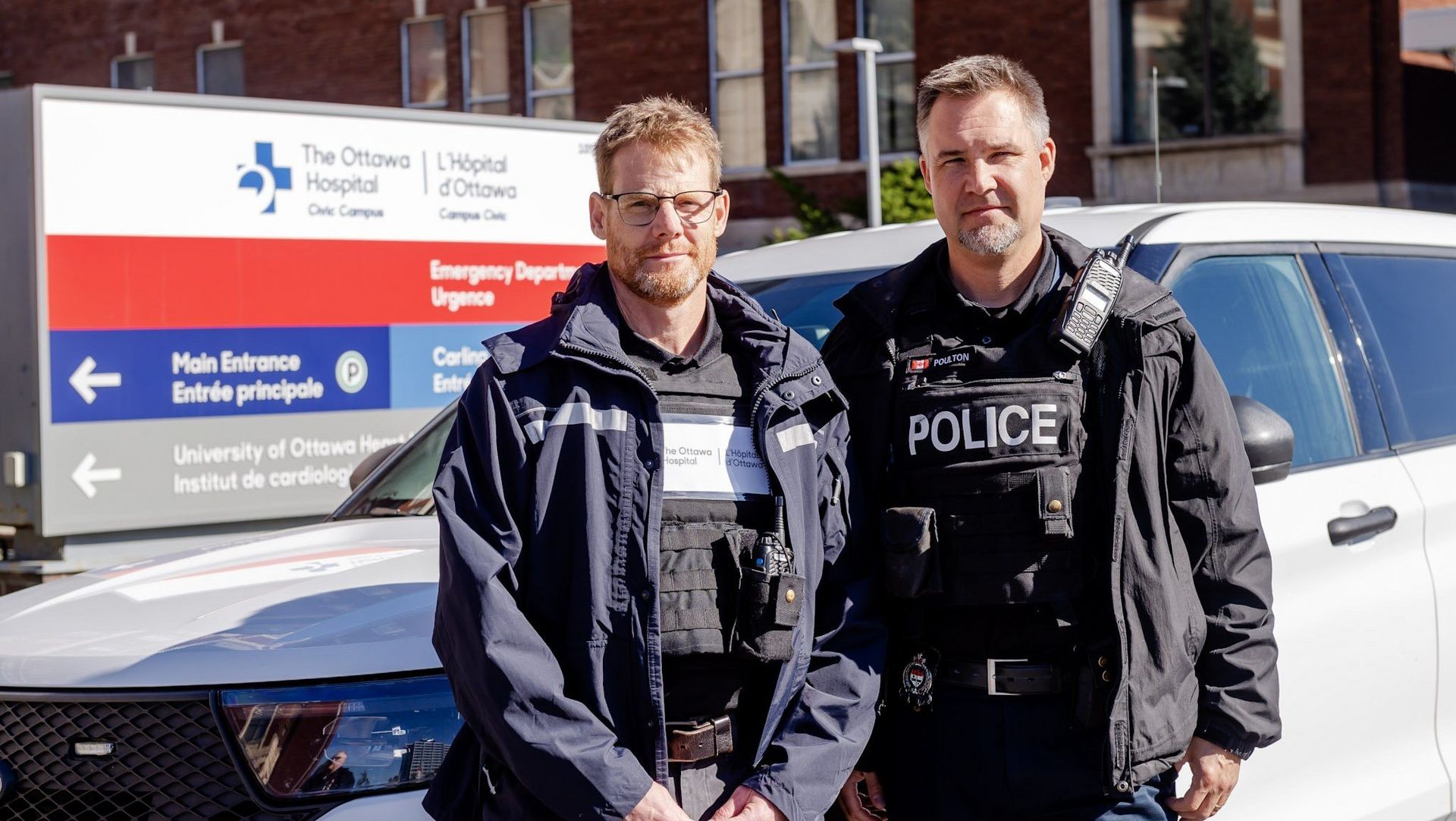- Badges and Behavioral Health
- Posts
- October Mental Health Brief
October Mental Health Brief
Explore the latest in behavioral health: new crisis teams, free responder training, and community partnerships improving mental health outcomes.

Today’s Brief:
Behavioral Health Briefs
OPS Debuts Mobile Crisis Response Team for Mental Health & Addiction Calls
Galesburg Moves to Integrate Mental Health Expertise Into Police Response
Social Briefs
Total Read Time: 5 minutes
🧠 Behavioral Health Briefs
The Panola County Sheriff’s Office released its quarterly update describing the volume and type of mental health related calls handled by deputies. The report highlights how officers are working with mental health professionals to steer people toward treatment instead of jail and to strengthen public safety partnerships.
Knox Public Health in Ohio has added psychiatric nurse practitioner Ciara Haas, PMHNP-BC, to expand mental health and medication management services at the county’s community health center. Haas brings a background in nursing and social work and focuses on trust, connection, and compassionate care.
Founded by two Kellogg alumnae, SHFT Behavioral Health is opening a new Chicago outpatient center offering both scheduled and walk in mental health care in a warm, supportive environment. The startup features short “Chats” with clinicians and tracks outcomes to make therapy more accessible and results driven.
The Ottawa Police Service (OPS) has launched its first Mobile Crisis Response Team (MCRT) to better address mental health and addiction emergencies by pairing a specially trained police officer with a mental health professional from The Ottawa Hospital. Mental health–related calls have risen by about 15 percent since 2019, making more responsive support urgently needed.
The team’s dual focus is to provide compassionate, culturally informed crisis intervention and to help connect individuals to ongoing care. The MCRT aims to reduce hospital visits, lower instances of involuntary apprehension under the Mental Health Act, and ease strain on emergency departments. Initially operating Tuesday through Friday during extended daytime/evening hours, OPS plans to assess expanding the program further in the future.
Valley Health Care is providing a full 40-hour Crisis Intervention Training (CIT) week to first responders at no cost, aiming to enhance their skills in handling mental health crises. The training, taught by experienced responders, will cover de-escalation techniques, crisis recognition, and safe intervention practices. This initiative reflects a growing emphasis on improving the mental health competencies of emergency personnel. Participants can better support individuals experiencing crises, reducing risk and improving outcomes. Valley Health Care says the free program is part of its broader commitment to strengthening community response to mental health emergencies.
Great news for Ottawa. Research shows co-responder teams lead to improved outcomes for police and public:
"Ottawa Police Service launches Mobile Crisis Response Team for mental health, addictions calls"
— Michael Gendron (@michaelgendron)
8:10 PM • Oct 11, 2025
Pittsburgh drops 'co-responder' program that paired cops, social workers for mental health responses
— Police1 (@PoliceOne)
2:38 AM • Oct 11, 2025
What did you think of this weeks content? |

Social Media Briefs